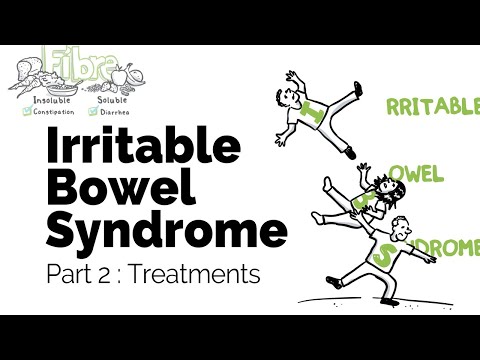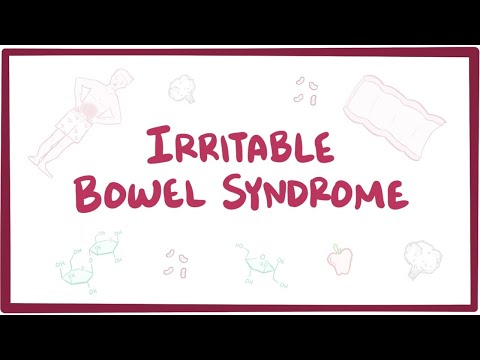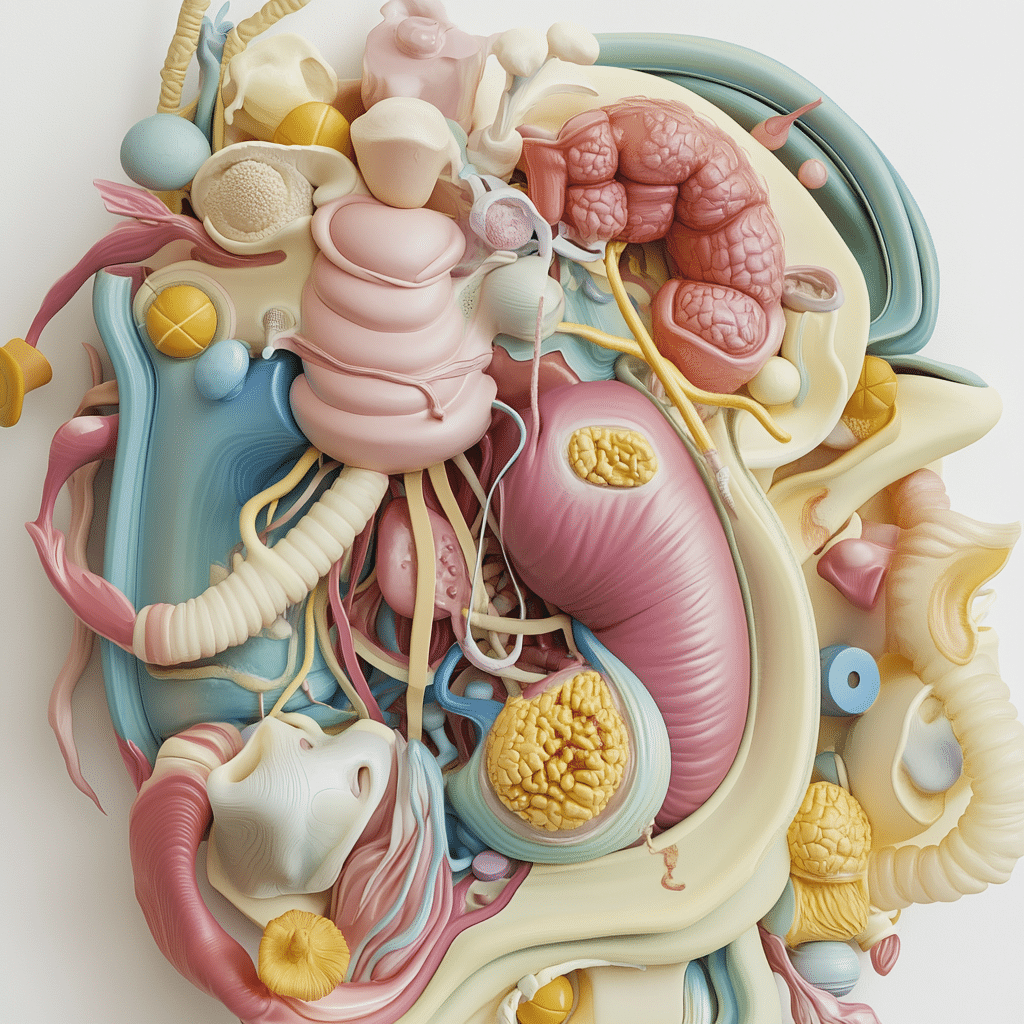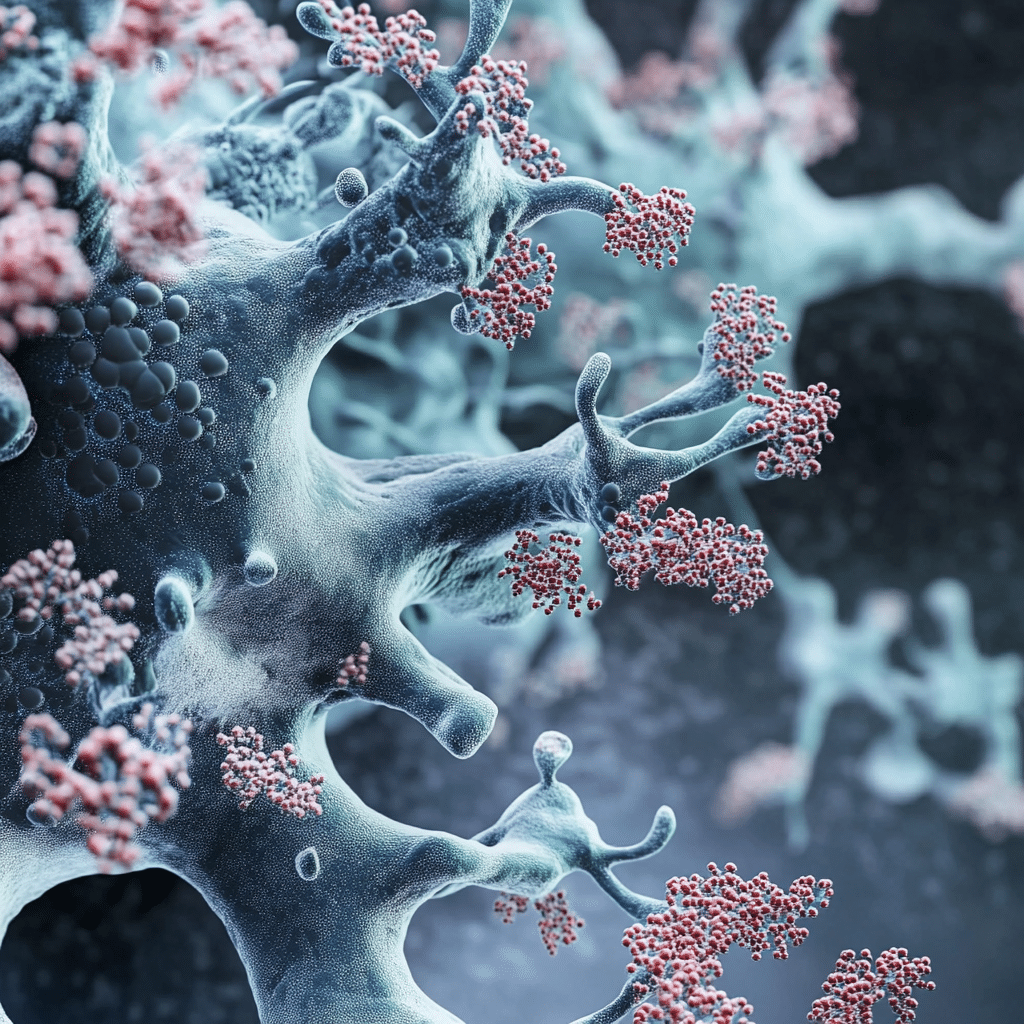Irritable Bowel Syndrome (IBS) isn’t just another buzzword; it’s a reality for millions around the globe, with symptoms that can disrupt daily life. Imagine dealing with abdominal pain, bloating, and inconsistent bowel habits. It’s a hard pill to swallow, but effective irritable bowel syndrome medication can make all the difference! In this article, we’ll dive deep into the latest treatments available in 2024. Get ready to transform your health and your life!

1. The Science Behind Irritable Bowel Syndrome Medications
Irritable Bowel Syndrome isn’t a one-size-fits-all condition. Research highlights that symptoms may stem from factors like dysbiosis, which is an imbalance in gut bacteria, issues with the gut-brain axis, and increased sensitivity in your digestive system. Each person’s experience with IBS is different, and understanding these intricacies has paved the way for innovative irritable bowel syndrome medication.
Think of your gut as a bustling city. You need the right infrastructure to keep things running smoothly. When the gut’s microbiome is off-kilter, it can lead to chaos. The good news? Researchers are finding patterns and breakthroughs. Targeting the gut-brain connection and restoring balance in gut flora are now prime focuses. Through medications that are effectively designed with these underlying mechanisms in mind, we are changing the game for IBS management!

2. Top 7 Life-Changing Irritable Bowel Syndrome Medications of 2024
Ready to overhaul your life? Here’s The lowdown on the top seven irritable bowel syndrome medications of 2024 that are breaking barriers and providing relief:
2.1. Linaclotide (Linzess)
Say hello to Linaclotide! This powerhouse is a guanylate cyclase-C agonist mainly used for IBS with constipation (IBS-C). Linaclotide boosts fluid secretion in the intestines, which increases bowel movement frequency. Clinical trials show that nearly 30% of users feel better after just one week! Linaclotide gives those dealing with IBS-C a significant boost in confidence and comfort.
2.2. Plecanatide (Trulance)
Similar to Linaclotide, Plecanatide targets IBS-C. It mimics a naturally occurring molecule in your gut. Patients report significant improvements after 12 weeks of use. Imagine kicking that bloated feeling to the curb!
2.3. Rifaximin (Xifaxan)
Now, here’s where it gets interesting. Rifaximin isn’t just any antibiotic; it’s a game-changer for IBS-D (diarrhea-predominant IBS). Its localized action helps reduce bacterial overgrowth, making it effective for about 40% of patients. You’ll want to read more about living life without the constant worry of urgent restroom runs.
2.4. Eluxadoline (Viberzi)
When it comes to IBS-D, Eluxadoline is your go-to solution. By modulating gut motility, it lowers abdominal pain and decreases diarrhea. Studies reveal an impressive 30% reduction in IBS-D symptoms for its users. What does that mean for you? More time living life and less time running to the bathroom!
2.5. Amitriptyline
Originally an antidepressant, amitriptyline has found its niche in treating IBS. The power of pain relief through its anticholinergic properties has made it a trusted choice, especially at lower doses. Relief is just a prescription away!
2.6. Probiotics (VSL#3)
Let’s talk about those friendly gut bacteria! Probiotics like VSL#3 help restore balance in the gut flora. Research indicates that a significant number of IBS patients experience reduced bloating and abdominal pain with regular use. It’s like giving your gut a high-five!
2.7. Behavioral Therapies Integrated with Medication
While they aren’t traditional medications, behavioral therapies, such as cognitive-behavioral therapy (CBT), can enhance treatment effectiveness. Combining CBT with medications like Linaclotide has led to notable improvements in symptom control and overall quality of life. Here’s the kicker: it’s not just about medication; it’s also about empowering patients!

3. The Interplay Between IBS Treatments and Urinary Tract Infection Medication
Interestingly, some IBS medications don’t just stop at the gut. Rifaximin, for example, can influence urinary health by altering the microbiome. With this emerging link between gut and urinary health, understanding these dynamics could provide exciting dual benefits for patients.
By considering both irritable bowel syndrome medication and urinary tract infection medication, you can create a holistic treatment plan that targets multiple health concerns at once. This interconnectedness underscores how critical it is to adopt comprehensive approaches to health!

4. Real-Life Testimonials: Transformative Stories from IBS Patients
Nothing hits home quite like personal stories. Meet Sarah, a 34-year-old from New York. After years battling IBS-C, the stigma and anxiety nearly overwhelmed her. Then she found Linaclotide, and within weeks, her life did a complete 180. No more dodging social activities! She’s reclaiming her zest for life.
On the flip side, let’s talk about Tom, a 45-year-old teacher. He faced the challenges of IBS-D head-on. By incorporating behavioral therapies with Rifaximin, he’s not just managing symptoms; he’s strutting into class with newfound confidence. Tom is proof that effective treatment can turn you into a rock star in your life, despite the odds!

5. Looking Ahead: Future of IBS Medications
The horizon is bright for IBS medications! Researchers are diving deep into personalized medicine. Imagine treatments tailored to your genetic makeup and specific microbiome composition. Innovative approaches, including targeted therapies using CRISPR, might soon redefine what’s possible for IBS treatment.
Plus, the surge of digital health tools is empowering patients. Monitoring your diet and tracking symptoms via apps will soon be standard practice. These innovations are leading to better medication management, giving you the power to take control of your health like never before.
As we sail through 2024, expect to see exciting developments in irritable bowel syndrome medication. Embracing tailored therapies and holistic approaches will pave the way to a brighter future for everyone grappling with this condition.
In the end, living with IBS doesn’t have to mean sacrificing your quality of life. You’ve got the power to change your narrative! Don’t wait for tomorrow—take charge today and join the millions who are redefining what it means to thrive with IBS. You got this!
Irritable Bowel Syndrome Medication: Trivia and Insights
Facts to Digest
Irritable bowel syndrome (IBS) is one of those conditions that affects millions, yet many people don’t fully understand it. Did you know that around 10-15% of the global population faces symptoms of IBS? That’s a lot of folks! Thankfully, there’s a variety of medications that help manage this condition. For instance, some patients switch from conventional treatments to newer options, similar to how some prefer How To use Zyn() products as an alternative. Alongside medication, lifestyle adjustments, like incorporating pickled Beets() into your diet, can provide significant relief.
Feeling anxious about medication can be common, but understanding your options can help. Medications like antispasmodics and laxatives play a key role in managing symptoms, much like Debbe Dunning() brings a bit of charm to every scene she graces! It’s fascinating to note that studying specific medications can reveal how they influence gut health, just as artists like Luther Ford() unleash their talents to paint vibrant movie narratives.
Beyond the Basics
When discussing irritable bowel syndrome medication, it’s essential to consider how medications not only help physically but also contribute to emotional well-being. Much as experiencing mononucleosis treatment( can be a rollercoaster, managing IBS might feel the same. Stress and IBS intertwine, and part of managing the condition is aligning treatment with mental health support. Researchers have noted that incorporating elements like mindfulness can reduce symptoms drastically.
Moreover, dietary awareness is vital. For instance, the color blue is said to have calming effects, a notion often backed by studies highlighting the importance of blue meaning() in food choices. Talking about choices, did you know women typically have a higher body fat percentage() than men? Knowing this helps tailor dietary plans for IBS patients. Finally, keeping an open dialogue with healthcare providers about irritable bowel syndrome medication ensures that treatments adjust, just like actors continually refine their craft, akin to Rutina Wesley( honing her performances.
By piecing together knowledge and trivia on irritable bowel syndrome medication, we foster a more informed and supportive conversation about this common yet misunderstood condition.



























